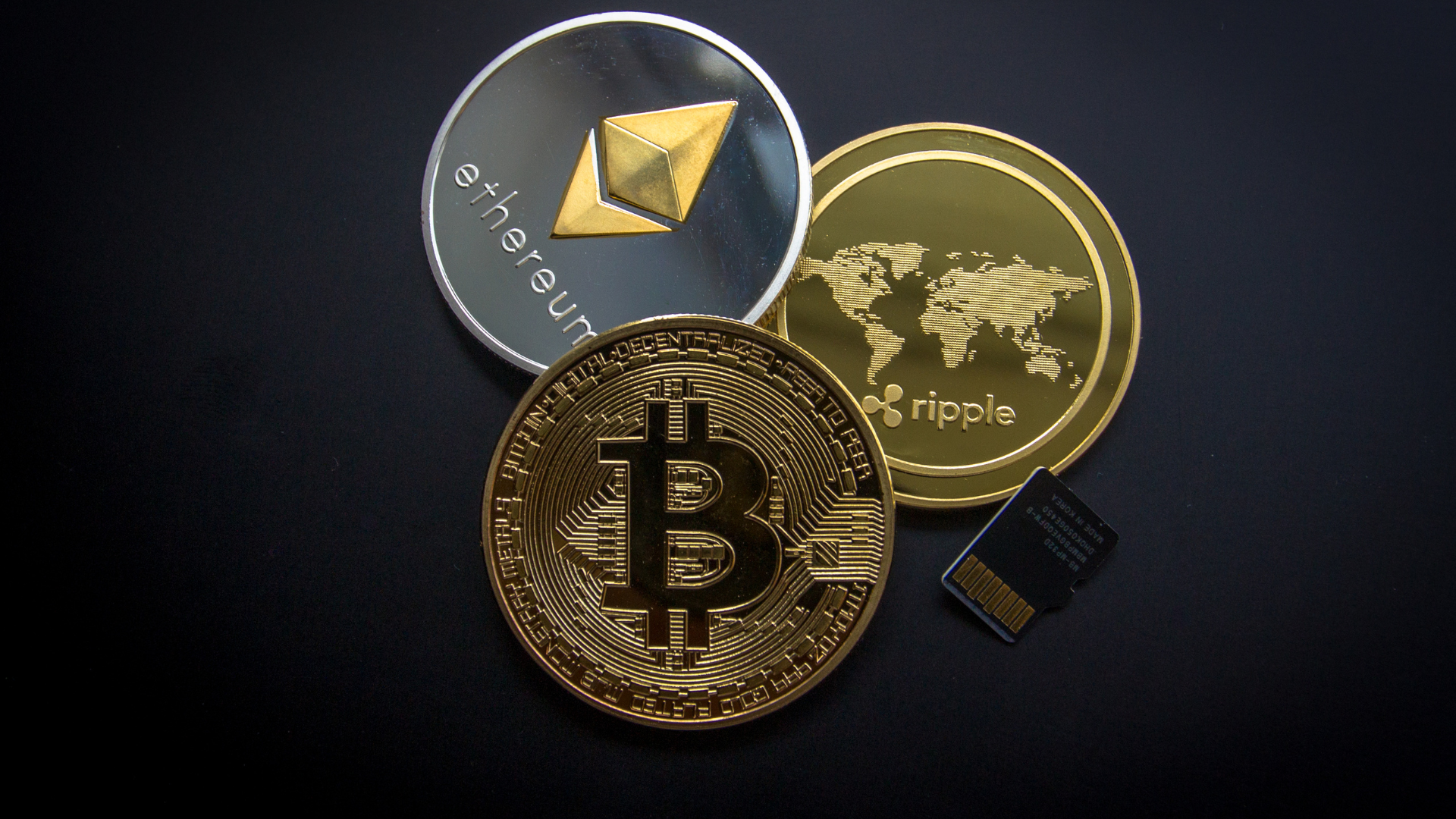Bitcoin and the broader crypto market staged a recovery following the release of the latest U.S. CPI data, as former President Donald Trump’s claims of diplomatic progress between Russia and Ukraine helped lift investor sentiment. The initial shock from hotter-than-expected inflation weighed on risk assets, but renewed hopes for geopolitical stability provided relief, allowing cryptocurrencies to rebound.
The inflation report reinforced expectations that the Federal Reserve may keep rates higher for longer, a scenario that typically pressures crypto markets due to tighter liquidity conditions. However, Bitcoin’s resilience suggests that traders are looking beyond immediate macroeconomic headwinds and focusing on potential global policy shifts that could influence risk appetite.
Altcoins also mirrored Bitcoin’s strength, with Ethereum and other major tokens posting gains after initial volatility. The market’s ability to absorb inflationary concerns and shift focus toward geopolitical developments highlights the evolving role of crypto as a risk-sensitive yet adaptive asset class.
Despite the recovery, analysts caution that macro uncertainty remains a key factor, with upcoming economic data and central bank guidance likely to drive further price swings. If diplomatic progress between Russia and Ukraine gains traction, risk assets like Bitcoin could see sustained momentum, but any setbacks could trigger renewed selling pressure.
For now, traders are watching Fed signals and geopolitical updates to gauge crypto’s next direction. If optimism around diplomacy strengthens, Bitcoin may continue to defy macro-driven headwinds, reinforcing its status as a volatile yet resilient asset in global markets.






















